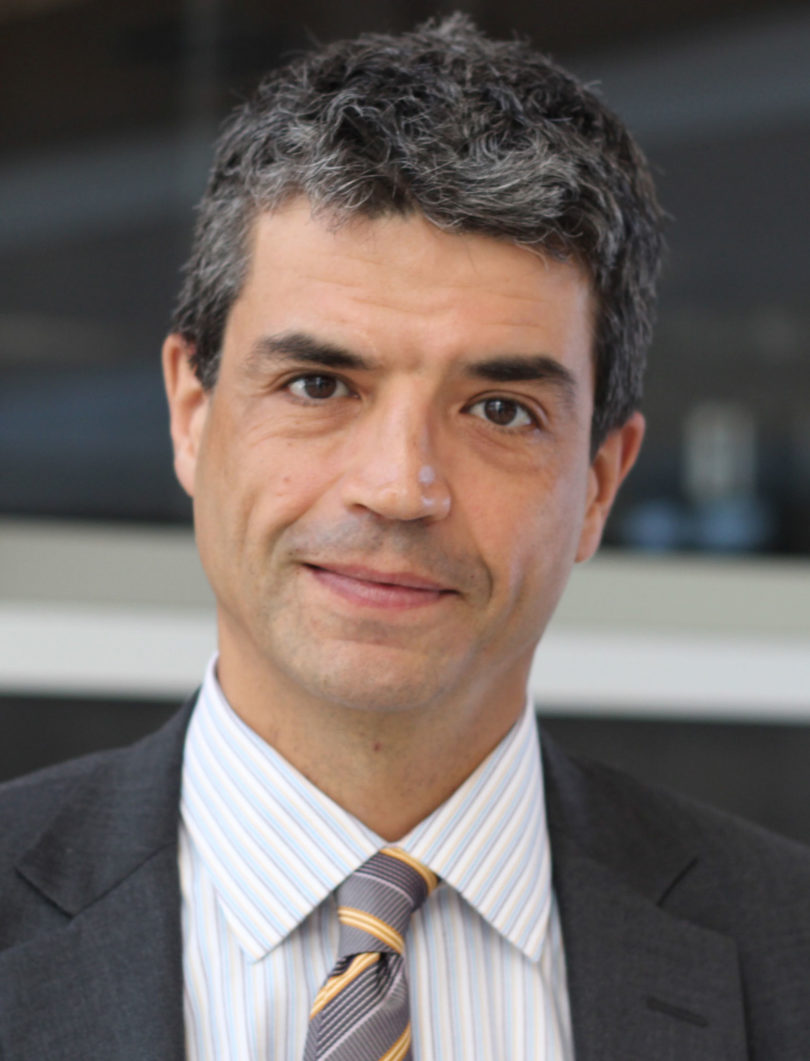The search for UGA’s next senior vice president for academic affairs and provost has been narrowed to four candidates, according to search committee chairman William Gray Potter.
As part of their final interviews, each of the candidates will come to campus and hold a public presentation on the day of their visits from 9:30-10:30 a.m. in the Chapel. The presentations will be open to faculty, staff, students and media.
“This is an extraordinary group of finalists from a variety of academic backgrounds,” said Potter, who also is university librarian and associate provost. “We are very pleased with the candidates, who share a dedication to academic excellence. We look forward to the upcoming open sessions where the university community will have an opportunity to meet the finalists.”
The 23-member search committee began its work in May and included faculty, staff, administrators, students and alumni. The firm Heidrick and Struggles International Inc. assisted in the search.
President Jere W. Morehead served as UGA’s provost from 2010 until June 30 of this year. In February, he was chosen by the Board of Regents of the University System of Georgia as the university’s 22nd president, a position he started on July 1. Libby V. Morris, the vice provost for academic affairs, has been serving as interim senior vice president for academic affairs and provost since that time.
Pamela S. Whitten, dean of the Michigan State University College of Communication Arts and Sciences, gave her presentation Oct. 17. The other finalists, their titles and the dates of their campus presentations are:
• José Luis Bermúdez, dean of the Texas A&M University College of Liberal Arts, will give his presentation Oct. 21.
• Jeffrey Thomas “Jeff” Roberts, Frederick L. Hovde Dean of the Purdue University College of Science, will give his presentation Oct. 28.
• Kimberly Andrews Espy, vice president of research and innovation and dean of the University of Oregon Graduate School, will give her presentation Nov. 4.
Whitten started her career at Michigan State in 1998 as an assistant professor in the department of telecommunication, information studies and media and has held numerous positions at the university. In addition to her current role as dean, she is a professor in the department of telecommunication, information studies and media.
She is known internationally for her work in the field of telemedicine, specifically focusing on the use of technology in health care with an interest in telehealth and its impact on health care services and education delivery.
Bermúdez is a professor of philosophy and the sixth dean of liberal arts at Texas A&M University. He actively promotes his college’s mission in undergraduate education to provide students with the “cornerstone of leadership.” At the same time, he emphasizes graduate student job placement and works with departments to adapt their programs to the changing landscape of higher education.
Bermúdez has more than 100 publications, including five single-authored books and five edited volumes. Much of his research work is at the intersection of philosophy, psychology and neuroscience.
Roberts is an accomplished scientist in the field of physical and materials chemistry and is the third chemist to serve as dean of science at Purdue.
In addition to his administrative duties, Roberts’ research looks at the surface chemical properties of aerosol nanoparticles in two areas: the fate and properties of anthropogenic (human-derived) nanoparticles when they are emitted into the atmosphere and the deliberate synthesis of nanoparticles for materials and catalysis applications.
Espy is responsible, as vice president of research and innovation and graduate school dean, for more than 20 interdisciplinary research centers and institutes in addition to overseeing more than 70 graduate programs at the University of Oregon. As chief research officer, she oversees sponsored research, research compliance, technology transfer, the university’s Research Advisory Board and its Riverfront Research Park.
A trained clinical neuroscientist and professor of psychology, Espy is the director of the Developmental Cognitive Neuroscience Laboratory. In her federally funded research, she pioneered the integration of cognitive neuroscience tools and advanced multilevel growth modeling methods to characterize the normative development of emergent self-regulation skills in young children and infants and identify the antecedents of learning and behavioral disorders in medically at-risk populations.





